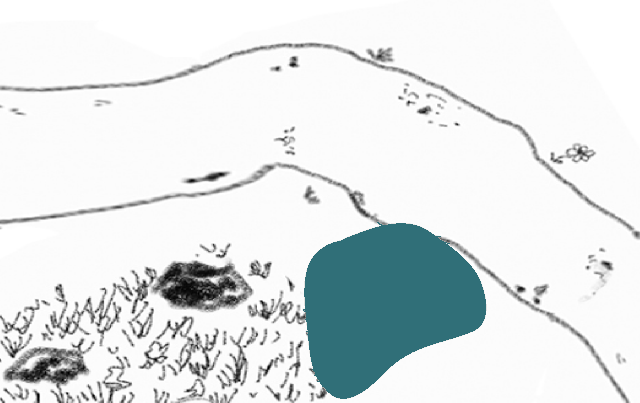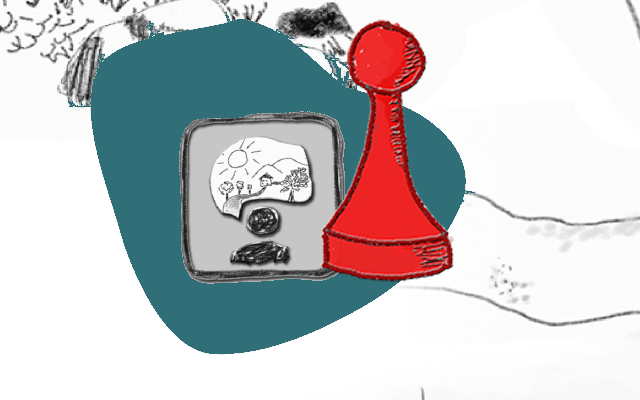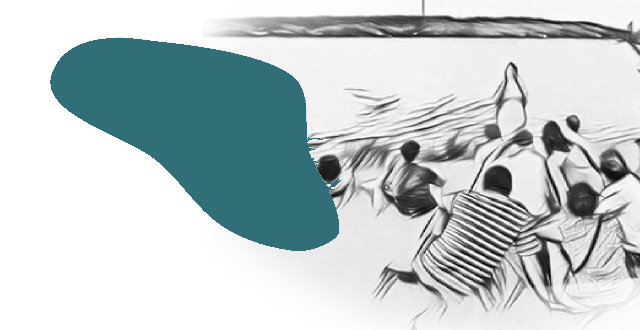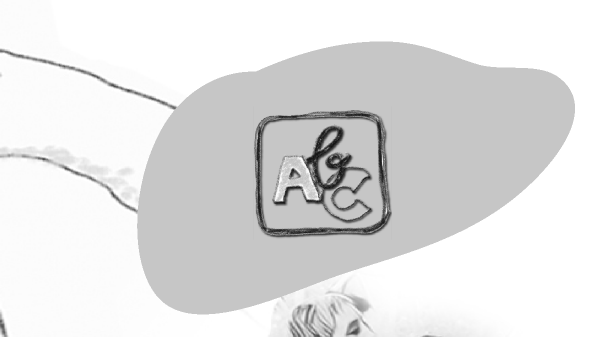Module -Storytelling
Competences for lifelong learning
The European parliament, the European Commission and the Council of Europe agree on the importance of eight key competences for Life Long Learning . The European Framework for Key Competences for Lifelong Learning ▾ identifies and defines eight key competences necessary for personal fulfilment, active citizenship, social inclusion and employability in a knowledge society:
Of these eight key competences some are more domain oriented (languages, science, technology and math competences); others are more transversal. They do not relate to a particular subject matter domain.
1. Literacy competence

Development of literacy forms the basis for further learning and further linguistic interaction. Depending on the context, literacy competence can be developed in
the mother tongue, the language of schooling and/or the official language in a country or region.
Source: Europäische Kommission, Generaldirektion Bildung, Jugend, Sport und Kultur, Key competences for lifelong learning, Publications Office, 2019,
https://data.europa.eu/doi/10.2766/291008 ▾
2. Multilingual or language competence

Source: Europäische Kommission, Generaldirektion Bildung, Jugend, Sport und Kultur, Key competences for lifelong learning, Publications Office, 2019,
https://data.europa.eu/doi/10.2766/291008 ▾
3. Science, technological, engineering and mathematical competence
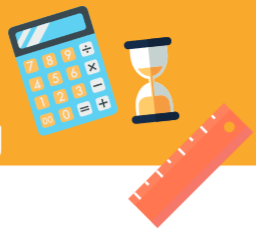
Competence in science refers to the ability and willingness to explain the natural world by making use of the body of knowledge and methodology employed, including observation and
experimentation, in order to identify questions and to draw evidence-based conclusions. Competences in technology and engineering are applications of that knowledge and methodology
in response to perceived human wants or needs. Competence in science, technology and engineering involves an understanding of the changes caused by human activity and responsibility
as an individual citizen.
Source: Europäische Kommission, Generaldirektion Bildung, Jugend, Sport und Kultur, Key competences for lifelong learning, Publications Office, 2019,
https://data.europa.eu/doi/10.2766/291008 ▾
4. Digital competence

Source: Europäische Kommission, Generaldirektion Bildung, Jugend, Sport und Kultur, Key competences for lifelong learning, Publications Office, 2019,
https://data.europa.eu/doi/10.2766/291008 ▾
5. Personal, social and learning competence

Source: Europäische Kommission, Generaldirektion Bildung, Jugend, Sport und Kultur, Key competences for lifelong learning, Publications Office, 2019,
https://data.europa.eu/doi/10.2766/291008 ▾
6. Civic competence

Source: Europäische Kommission, Generaldirektion Bildung, Jugend, Sport und Kultur, Key competences for lifelong learning, Publications Office, 2019,
https://data.europa.eu/doi/10.2766/291008 ▾
7. Entrepreneurship competence

Source: Europäische Kommission, Generaldirektion Bildung, Jugend, Sport und Kultur, Key competences for lifelong learning, Publications Office, 2019,
https://data.europa.eu/doi/10.2766/291008 ▾
8. Cultural awareness and expression competence
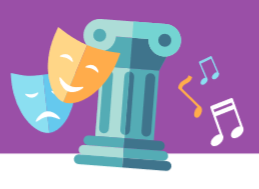
Source: Europäische Kommission, Generaldirektion Bildung, Jugend, Sport und Kultur, Key competences for lifelong learning, Publications Office, 2019,
https://data.europa.eu/doi/10.2766/291008 ▾
In the Storycomp project no competences domains or aspects are excluded, but we assume that storytelling is especially powerful for developing the competences 1, 5, 6, 7 and 8. Meanwhile we see also a potential to work on other competences through the content of stories, rather than through the story telling as such. We wish to stress once more that in the competence area of cultural awareness and expression we see the extra opportunity of storytelling as something adult learners will learn to do, and not just as something they will learn from. Here the learning vehicle becomes one of the goals in itself.
 |
 |
 |



